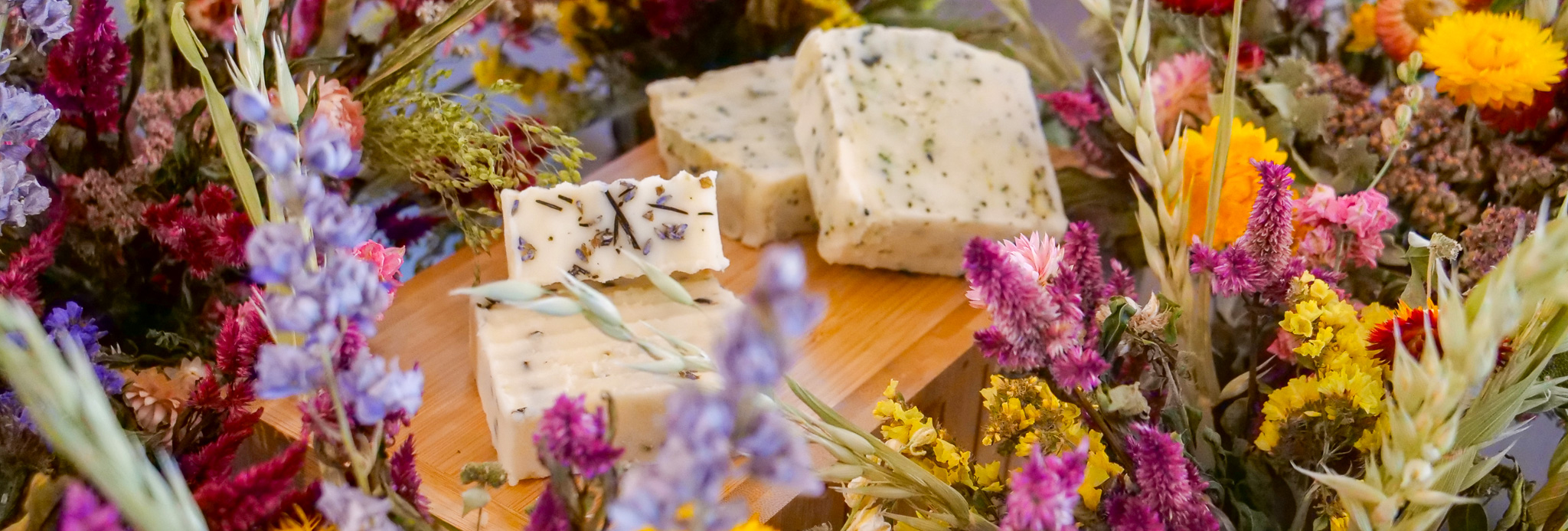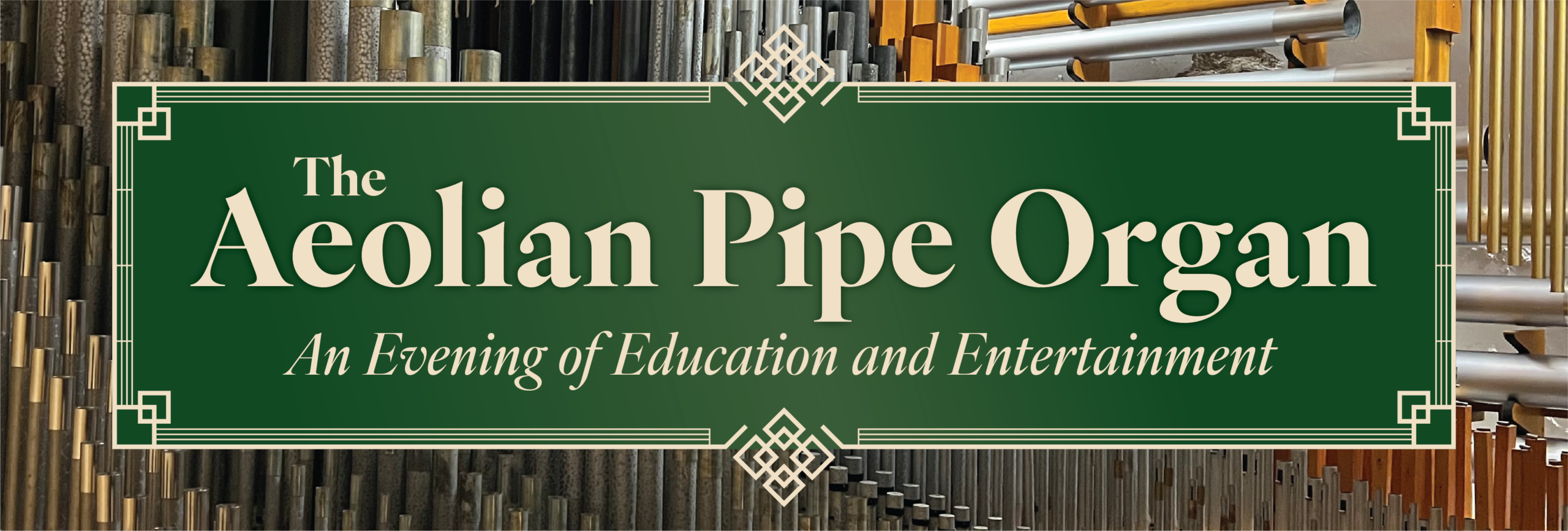
Lard & Olive Oil Soap
This simple lard and olive oil soap recipe (3:1 ratio) creates a rich, moisturizing bar perfect for everyday use. Made with rendered lard, olive oil, and optional essential oils, it’s a traditional, skin-friendly soap that’s easy to craft at home.
Ingredients
- 12 oz Rendered Lard
- 4 oz Olive Oil
- 6 oz Distilled Water
- 2.4 oz Lye
- 0.5 - 1 oz Essential Oils (optional)
- 1 Bunch of Herbs of your Choice (optional)
Instructions
- Prepare: Wear safety gear (gloves, goggles). Weigh ingredients.
- Lye Solution: Using a heat resistant bowl, slowly add lye to water (never the other way around). The chemical reaction will cause the mixture to heat up rapidly. Stir until the lye is dissolved. Cool to 100°F-120°F.
- Melt Lard: Heat the lard on the stove until melted, then cool to 100°F-120°F.
- Mix Oils: Combine melted lard and olive oil in a heat resistant bowl.
- Add Lye: Slowly pour lye solution into oils. Using a hand mixer or immersion blender stir until “trace” (a custard-like consistency that leaves a trail when mixing).
- Add Essential Oils: Stir in essential oils if desired.
- Mold: Pour mixture into the mold, smoothing the top.
- Cure: Cover, let set for 24–48 hours. Remove from mold, cut into bars. Cure for 4-6 weeks before use.



